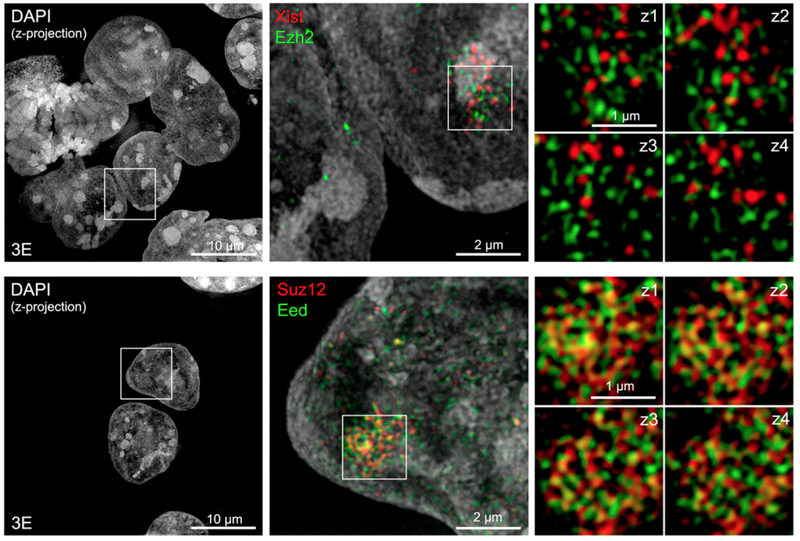EZH2 is an epigenetic protein or chromatin modifier that is frequently overexpressed in cancer and has been implicated in numerous human malignancies. This has led to the development of multiple EZH2 inhibitors, which are currently active in Phase I or II clinical trials. While EZH2 inhibitors represent promising new drugs for cancer, they have had a rocky development process.
It has long been known that EZH2 is elevated in aggressive, triple negative breast cancers, and experts have stated that this was a significant driving force for the development of EZH2 inhibitors by the pharmaceutical industry. However, there are no clinical trials listed exploring the application of EZH2 inhibitors in breast cancer patients.
Instead, these drugs are being tested in a range of other human malignancies including B-cell Lymphomas, adult T-Cell leukemia-lymphoma, acute myeloid or lymphocytic leukaemia, INI1-negative tumours, malignant mesothelioma, synovial sarcoma, metastatic castration-resistant prostate cancer, and small cell lung cancer.
Trials of an advanced EZH2 inhibitor
Arguably, the most advanced compound targeting EZH2 is Epizyme’s tazemetostat. This first-in-class drug has now successfully completed a Phase I, dose-escalation study in which the authors concluded that tazemetostat has a favourable safety profile, anti-tumour activity, and a recommended dose of 800mg twice daily.
Despite achieving this milestone, in April 2018 Epizyme announced that the FDA has placed a temporary hold on the enrollment of new US patients into tazemetostat clinical trials due to a pediatric patient who developed a secondary lymphoma while taking the drug.
Although only one patient out of 750 developed a secondary lymphoma while taking tazemetostat, the FDA’s partial clinical hold will likely remain in effect until Epizyme updates its informed consent, investigator’s brochure, and study protocols.

US Tariffs are shifting - will you react or anticipate?
Don’t let policy changes catch you off guard. Stay proactive with real-time data and expert analysis.
By GlobalDataOn a positive note, tazemetostat was successfully granted European orphan drug designations for treatment of patients with follicular lymphoma (FL), diffuse large B-cell lymphoma (DLBCL), and malignant mesothelioma in May 2018.
In June 2018, Epizyme presented highly promising interim data for tazemetostat from two of its ongoing Phase II clinical trials focused on FL patients and malignant mesothelioma patients with BAP1 inactivation.
For FL, it was reported that tazemetostat achieved objective response rates of 71% in patients with activating EZH2 mutations and 33% in patients with wild-type EZH2. These data are particularly encouraging because the FL patients enrolled in this study had already undergone at least two previous therapies, which means that they are generally less likely to respond to new treatment options.
However, in August 2018, Epizyme stated that it will halt a Phase II clinical trial for tazemetostat in DLBCL, having concluded that it is unlikely to succeed based on interim analyses. While some combination studies for tazemetostat in DLBCL patients will continue, Epizyme will no longer pursue tazemetostat as a monotherapy in DLBCL patients or in combination with prednisolone.
Looking to the future
Despite these setbacks, the clinical trials have made great progress in determining the potential of EZH2 inhibitors in cancer therapy. Furthermore, with two competing drugs now also in clinical trials— Daiichi-Sankyo’s DS-3201b and Constellation Pharmaceuticals’ CPI-1205 —our knowledge surrounding the role of EZH2 in oncology will only increase.
As these drugs may be capable of helping patients who currently have few treatment options, it is hoped that the promising interim results surrounding tazemetostat in FL and malignant mesothelioma will be borne out in the final Phase II trial data, as well as in subsequent follow-up studies.




